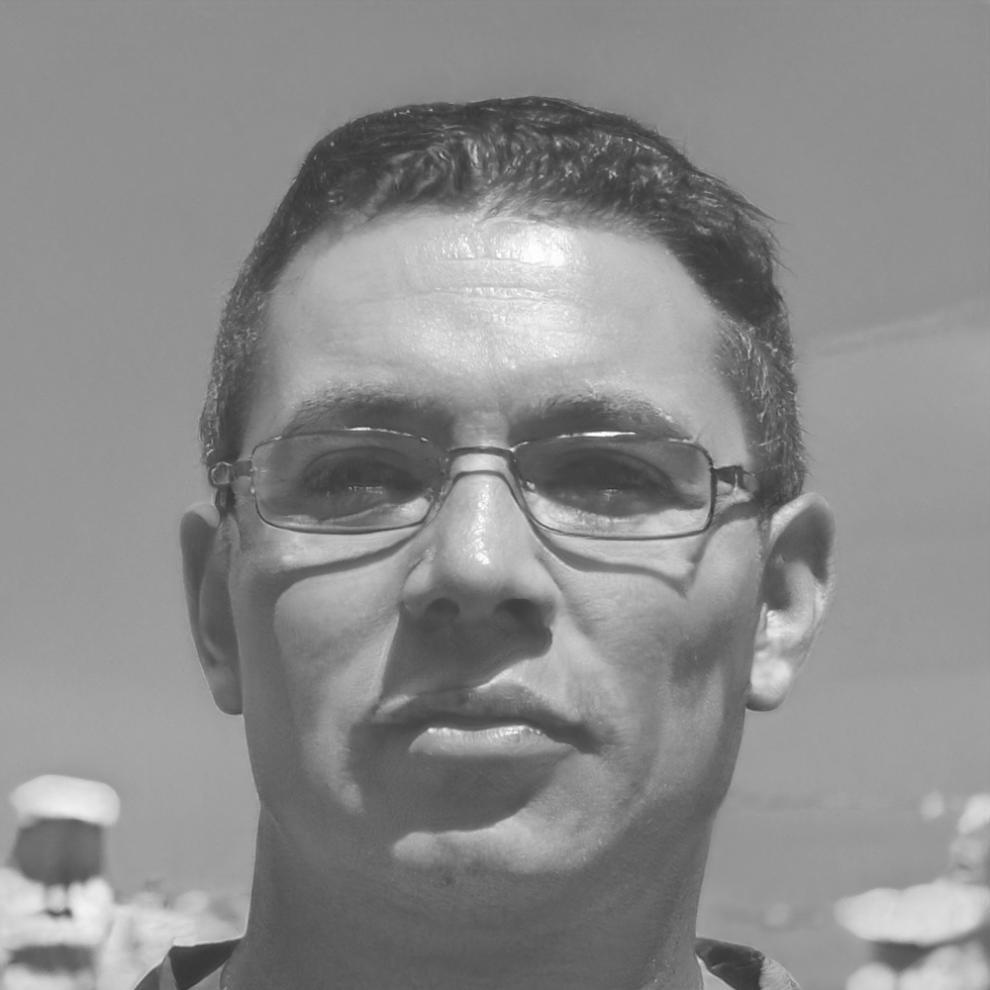What You Need Before Starting
Financial planning isn't about making quick decisions. Before we work together, there are a few things worth thinking through. This page exists because starting financial planning without the right mindset is like building a house without checking the foundation first.
Financial Readiness Means More Than Numbers
Most people come to us thinking they just need someone to crunch numbers and give advice. And sure, that's part of it. But the clients who actually see progress? They're the ones who show up ready to be honest about where they are.
You don't need to be rich to start planning. You don't need perfect credit or a massive savings account. What you do need is a willingness to look at your situation clearly and commit to making changes over time.
We've worked with people earning 15 million VND monthly and people earning 80 million. The income level matters less than the mindset you bring to the table.
Be Ready to Share Real Numbers
We can't help if you're hiding debt or pretending expenses don't exist. Financial planning only works when we're looking at the full picture together.
Understand This Takes Time
Building financial stability doesn't happen in a month. Most clients see meaningful changes after 6-12 months of consistent work. Quick fixes aren't our thing.
Accept You'll Need to Change Habits
If spending patterns got you into trouble, the same patterns won't get you out. Be prepared to adjust how you handle money daily.
Bring Questions and Concerns
The best planning sessions happen when clients ask tough questions. We'd rather spend time addressing your real worries than pretending everything's simple.

Roland Kemp
I've been doing this work since 2017, and one thing hasn't changed: the clients who succeed are the ones who stop avoiding reality. I'm not here to judge your past financial decisions or lecture you about what you should have done differently.
My approach is straightforward. We sit down, look at your income and expenses, identify what's working and what isn't, then build a plan that fits your actual life. Not some theoretical perfect budget, but something you can actually stick to.
I grew up in a family that didn't talk about money, which meant I learned most financial lessons the hard way. That experience taught me that shame and guilt don't help anyone build better habits. What does help is creating systems that work with your behavior instead of against it.
Questions People Ask Before Enrolling
Before You Sign Up
During the Program
After Program Completion

What Happens in Your First Session
The first meeting runs about 90 minutes and it's mostly us listening. You'll walk through your current financial situation—income sources, regular expenses, debt obligations, savings goals. We take notes and ask clarifying questions, but we're not making judgments or offering solutions yet.
After that session, we spend time analyzing what you shared and building an initial strategy. Second meeting is where we present that strategy, explain our reasoning, and adjust based on your feedback. Nothing gets finalized until you feel like the plan actually fits your life.
Some people want to start implementing immediately. Others prefer to think it over for a week or two. Both approaches work. The important thing is that you feel confident about the direction before committing to changes.